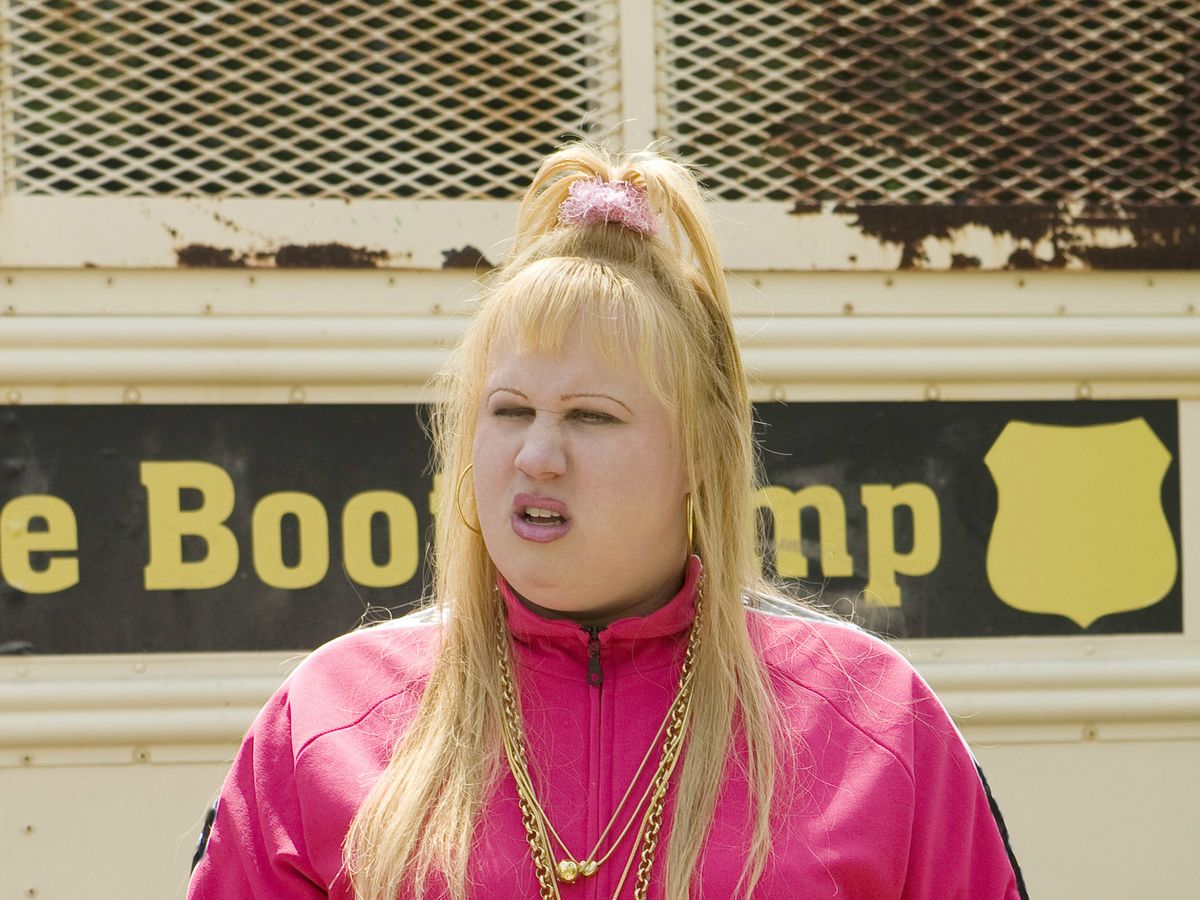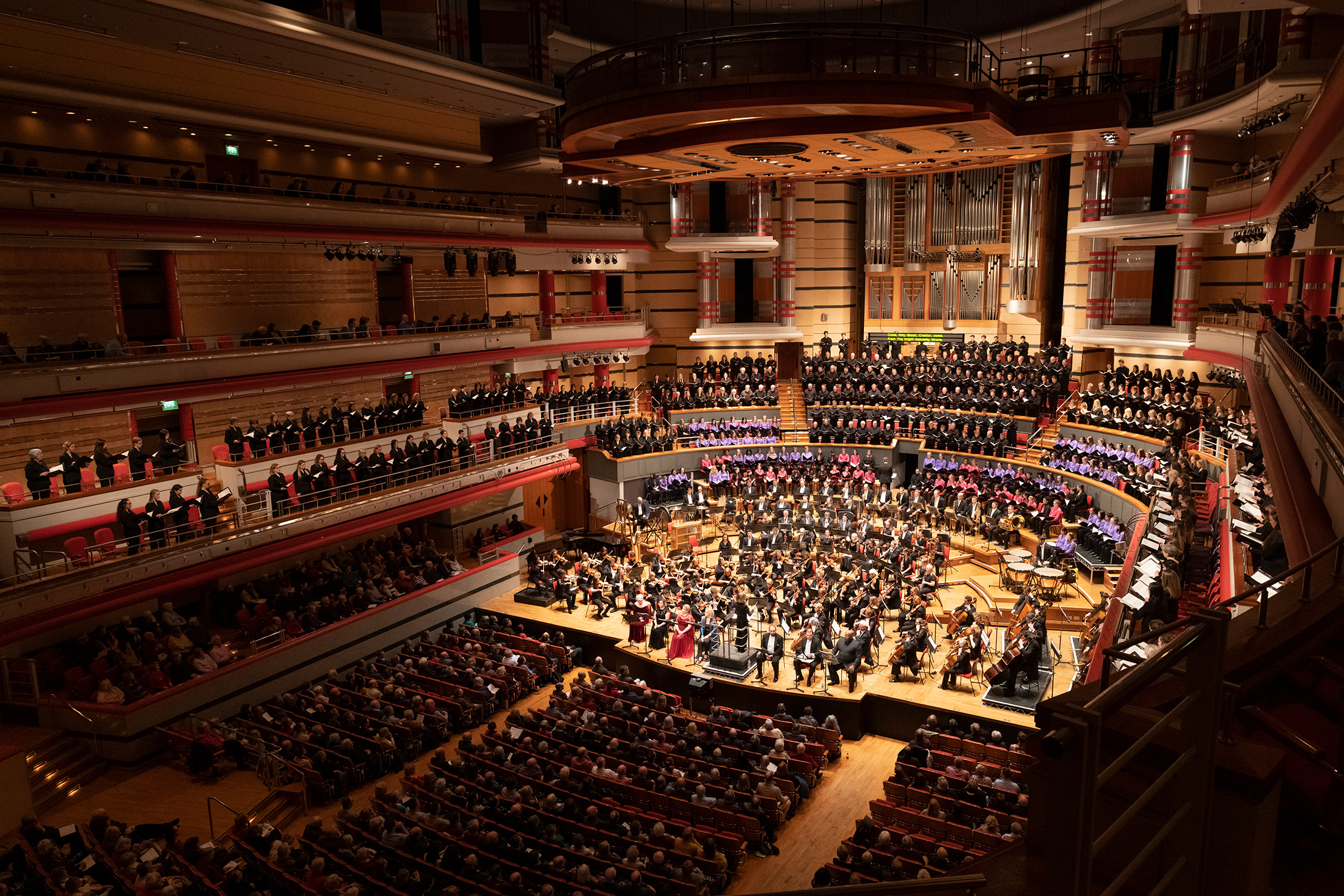Bottom line, if you want the profile, play the game. With everyone. Otherwise, eventually, no one will talk about you. At all.
Early on in my career I learned that agreeing to an interview meant committing to turning up, on time, engaged, respectful and appreciative. Mostly it was the sense of commitment that dominated. A sort unwritten rule. I’ve been late on occasions, and on one awful day I even got my dates mixed up. Everyone was accommodating; I was consumed by shame.
This year, there have been three interviewees who didn’t appear for an interview either on time or at all. One blamed the PR, another blamed technology, another claimed they’d been sent the wrong link. Another more recent example pulled out because they realised, a few days before, that the availability they’d originally excitedly offered was no longer available – this after I’d blocked out time, turned down paid work to accommodate their original offer. I was asking for half an hour. Half an hour is easy to promise and surprisingly easy to withdraw at the last minute.
I find it infuriating. Galling. I take it too personally (probably). Paranoia does at some point kick in, although I am now a little better at managing it and putting it to one side. There’s the cost on time I could have been using for more lucrative work (ie activities that pay a far more significant wedge of the bills). Time is money.
If I’d done the same and not turned up, turned up massively late, or pulled out at the last minute (without a good reason), they’d understandably be massively annoyed they’d had their time wasted. Why is it ok to assume that it doesn’t matter mine is wasted? Power, I suspect.
The unexpected consequence – the thing that always surprises me when I feel it in the ‘aftermath’ – is the reputational damage. The erosion of trust. Petty as it sounds, I find it difficult to even entertain the idea of listening to that individual or ensemble in performance, certainly not writing about them. The challenge (or the opportunity to stretch oneself creatively) always involves objectivity. When the trust is damaged, that objectivity is a much bigger hill to climb, one that I end up thinking, “I won’t bother now.” Not an especially professional outlook of course, but it’s important to share. You’re far more memorable for something that went wrong away offstage than for anything you did on it. That’s surely important when outlets are limited and the audience share low.
Except for one notable instrumentalist who in interview they did turn up for, insisted I explain how I paid my bills given I wasn’t working for a recognisable media brand (and then berated me for the area of South East London I’d happily lived in for 20 years), I’m not had that many negative experiences since I went self employed in 2017. But that’s changed after the pandemic. Just this year it’s happened noticeably more. It’s important not to conflate all of them of course, but it’s still disappointing, not least because the list of names I’m actively avoiding is increasing. Not great if you’re an artist or ensemble paying for increased reach and awareness. Why should I take you seriously as a performer if you don’t take me seriously as a commentator?
There are delicacies in the ecosystem, at all levels. These interconnecting dependencies keep the wheel turning. The respect cuts both ways. If there’s no trust how is it possible to authentically advocate?
There’s a paradox too at the heart of it all. An assumption I hold (my shit to deal with, I get that). Musical expression of the kind so many brilliant musicians in ensembles or as soloists evoke such joy drawing upon must surely demand possessing high levels of self-awareness, no? Or is my naivety overlooking another example of ‘elite’ performance that you can make connections with audiences that bring about intense emotional responses without possessing emotional intelligence yourself? The answer, of course, is yes. That story about the conductor punching a soloist after a performance last year is pertinent.
Perhaps this reveals the gentlest of home truths. Maybe it’s better not to know much about the performer on stage when they’re playing. The less you know the more robust that connection between musician and audience will remain.
Bottom line, if you want the profile, play the game. With everyone. Otherwise, eventually, no one will talk about you. At all.



